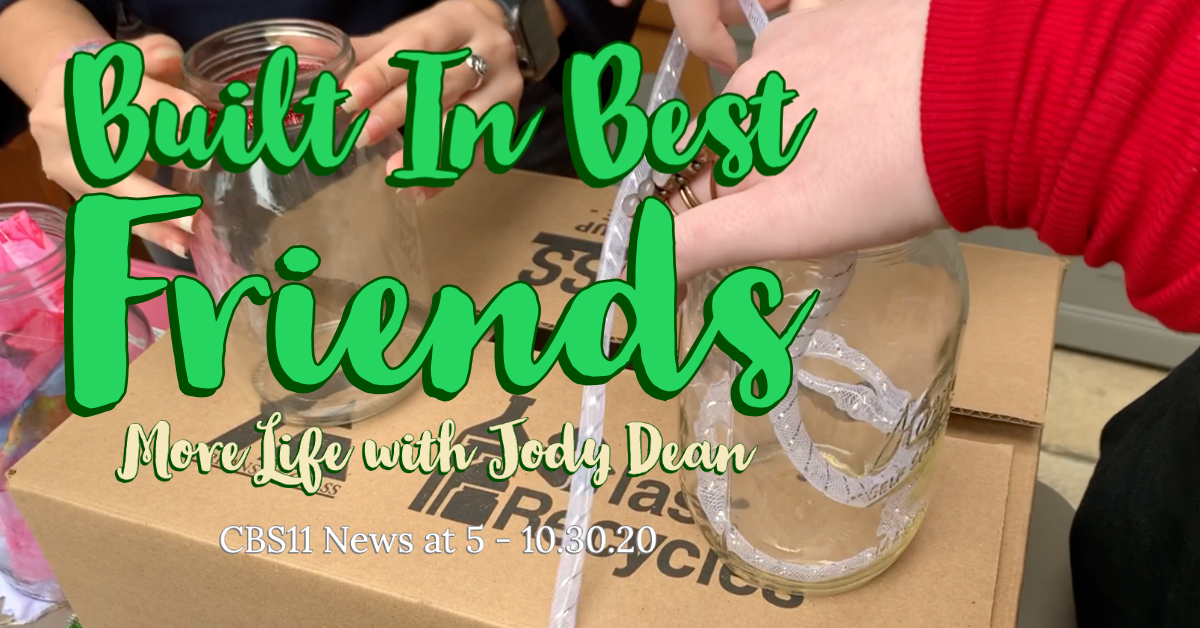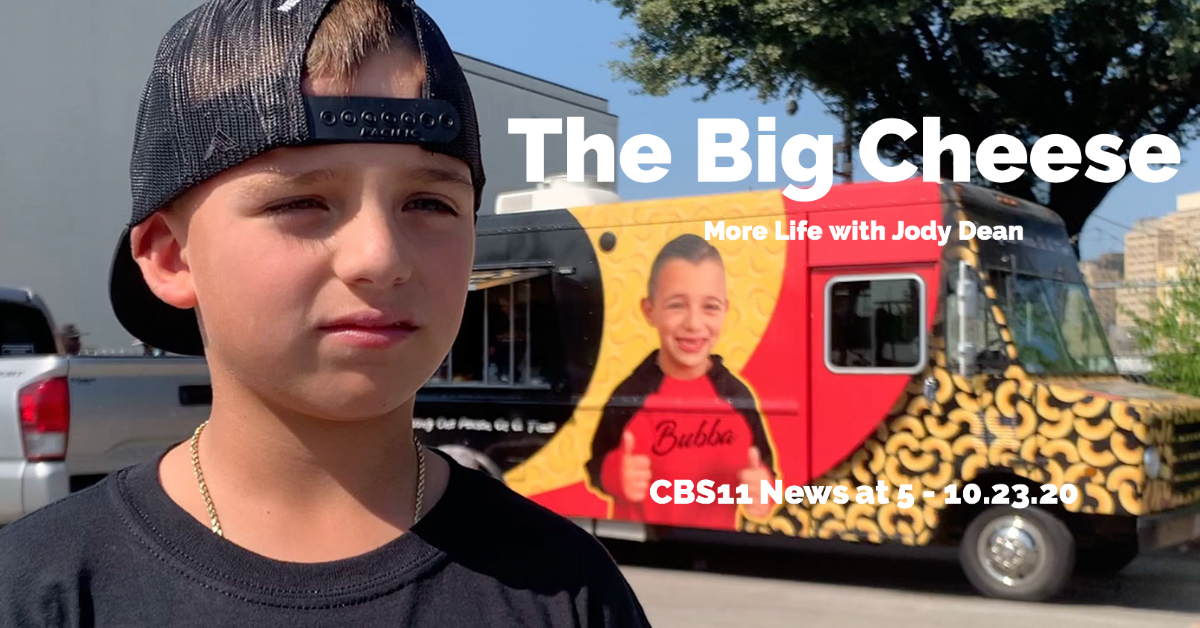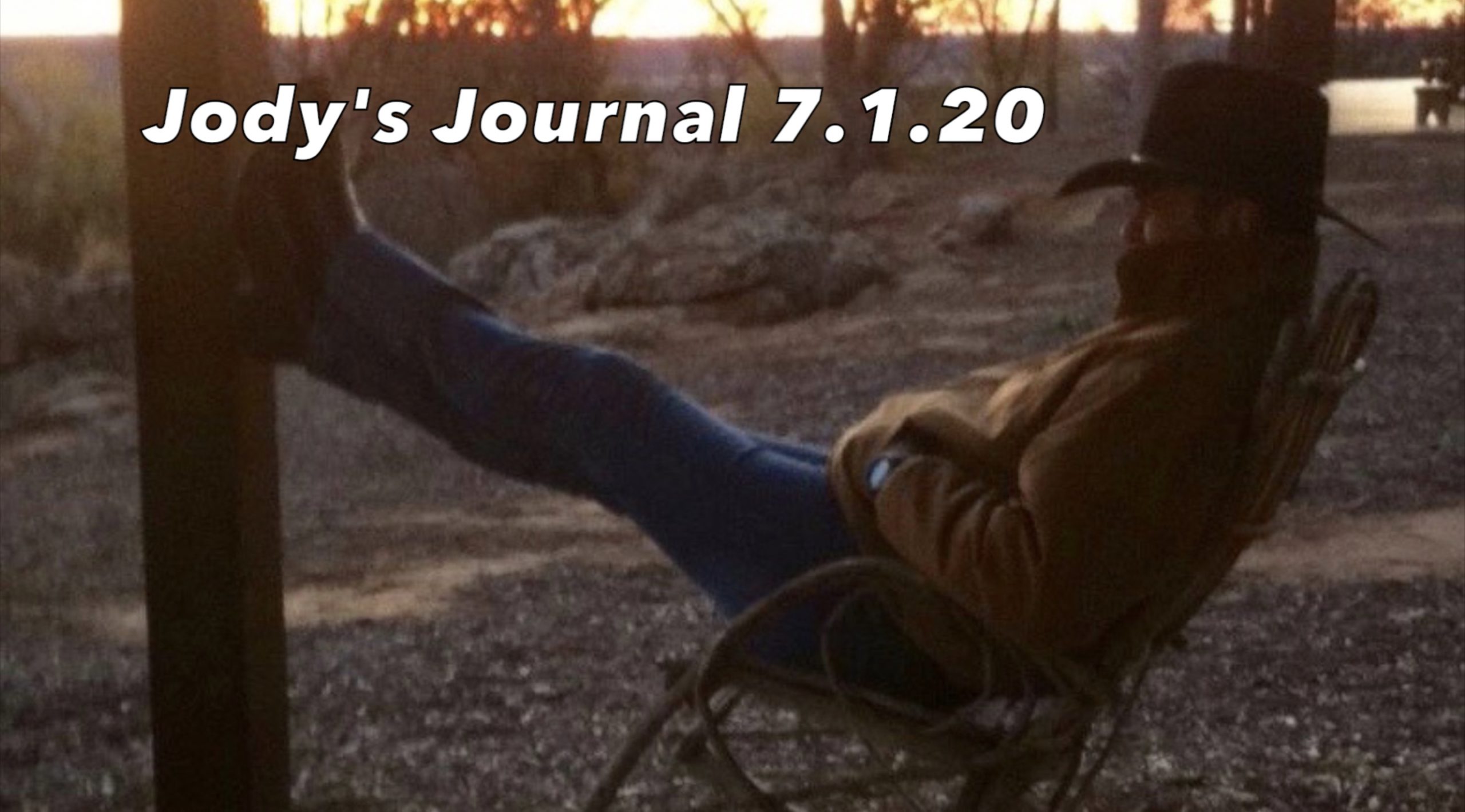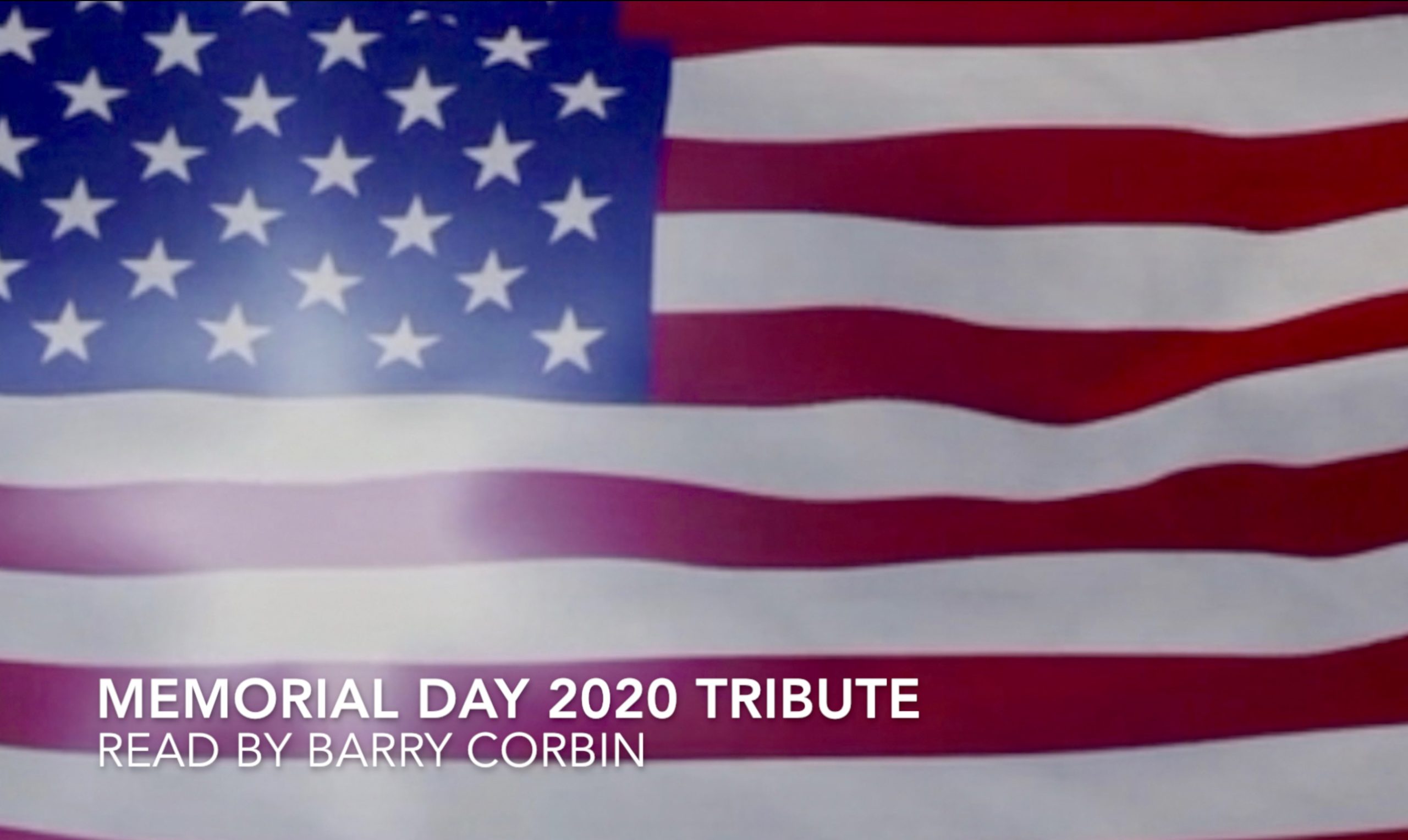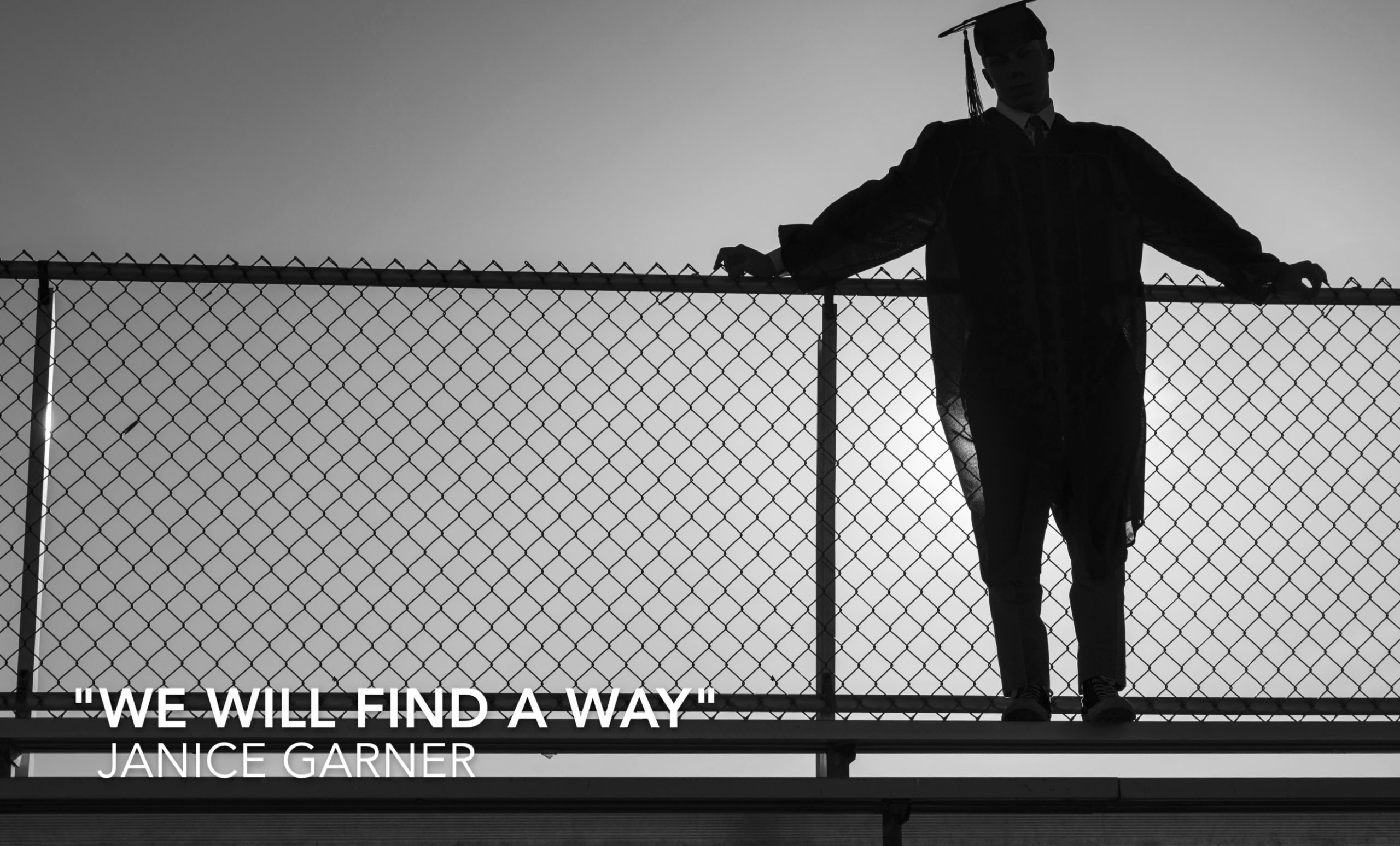Skip to content
What-A-Bummer (It’s Not Chicago We’re Worried About, Burger Lovers)
Among roll-outs, the announcement that the beloved family-owned Whataburger chain was being sold to an investment firm has to rank among the all-time worst.
Sometimes conditions invite arm-chair quarterbacking. This is one of those.
You’ll note I did not say Chicago-based investment firm. This is because it is not the Windy City that fans of Whataburger intuitively fear. It’s those two little words that follow.
Investment firm.
Look, we all get it. If your business is making money, you’re always looking for more ways to make money. A regional hamburger chain with a strong brand and a tenaciously loyal fan-base that seems to print money like the national mint is attractive. Founders get older, kids take over – and maybe they want to do something besides just make burgers.
So, as long as you keep (most) of the right people in place, the train will keep rolling, right? Maybe a department needs to be trimmed here or there, but that will only increase your ability to flex along with market conditions. No biggie. Maybe offer a few buyouts and early retirements, and then really unlock value for shareholders.
Always be wary of those last four words, though. Pretty soon you start noticing how much you’re giving for mayo. Or lettuce. The market is so competitive after all, and if you can save a few pennies per pickle, who’s to notice?
Expansion. Expansion always sounds good. If this works so well in one place, surely it must work well in all places. Sometimes this is true, but the tradeoff is the very regional uniqueness that help stoke your brand to begin with. The old advertising saying is that people don’t know what they want. They want what they know. Regional tastes are hard to transplant, and doing so requires patience in order to succeed at all. How much of that new market are you really going to carve out for yourself anyway, versus what you’ll spend trying to do it? Will it dilute what you did to get where you are? And how much are you going to have to leverage yourself to feed the venture monster?
An old mentor of mine used to say that adultery is anything that dilutes a relationship. Strictly speaking, that’s completely true. Compromise inherently changes a thing’s nature. Expansion may bring you quick results, but what about then having to source for a national chain rather than a regional?
Now, none of these things taken together necessarily spells doom. Running a business as an investment requires often difficult choices – but what might the cumulative effect be of that penny pinched here, or that dollar clutched there? Things add up.
We’ve all seen it. Many of us have experienced it. That’s the reason for the reflexive resistance. We know what happens next.
Ever been to Gene & Georgetti Steakhouse in Chicago? Meat is in good hands when it comes to Chicago. It’s what built the city. Chicago is not the problem.
The problem is nature. Eventually, whether by attrition or intention, priorities change. So do the faces. A lot of the people who got you there go, and are replaced by (hopefully) well-meaning people who do love the baby but weren’t there at its birth. As a practical matter, they joined things in progress. Passionate though they may be, they missed changing the diapers. They are less invested. Inevitably, the connections to first purposes and principles diminish over time. If the torch goes out, okay – because no one is left to know how hard it was to light originally anyway.
All this while outside the storms of the marketplace rage. Shareholders expect returns, so you come up with ideas to keep up – each one potentially taking you further from the ideals that made you desirable in the first place. The little things that really aren’t little get watered-down. The spicy ketchup becomes a little less spicy – and the people who could have thought you out of getting stuck have left to go think for themselves.
It’s not that all this will happen, but we’ve all got stories of when it has. A week ago I asked for tales of companies that, even if meaning well, managed to kill their own golden goose – if not the entire industry around them. The replies are still coming in. That’s why people are worried about their double-meat with cheese.
You probably have the name of a company like that in mind right now. I do. And it’s hard to blame people who make bank instead of burgers. It’s a burger, for heaven’s sake. How can you screw that up? We all know the answer. You screw it up by thinking no one will notice if you save a little on where you get your chicken. Then, if after awhile, you aren’t making money the way you thought you might, where do the bookkeepers further turn? Like I said, it doesn’t have to happen. But to paraphrase General Eisenhower, a company that focuses on profit over product will soon lose both.
In a way obvious to anyone except those who think they can cut their way to success, many businesses inevitably become something other than what they were intended to be. Ironically, their solution for survival is often exactly opposite of what might save them: being less of what they are, instead of more. Think of a nationally-known dine-in restaurant chain that recently had to dial back its menu precisely because it tried to be all things to all people.
When it gets to the point where chili isn’t actually on the menu of a place called Chili’s, maybe it’s way past time to get basic again.
Listen, I don’t mean to pick on a joint some of us started enjoying when there was but the one location. Chili’s eventually came to its senses. The landscape is littered with those that didn’t. Take Sears. After 113 years of building an infrastructure it might have used going forward, the biggest retailer on the planet cancelled its iconic catalog in 1993. One year later, Amazon was born. On my Facebook page you may notice a sign from my garage shop that says Imagination Works. “Works” is meant as both a noun and a verb, because I truly believe the answer is always more creativity.
Just imagine if one loud-enough voice somewhere inside of Sears had said, “You know, we could do the catalog on this new internet thing.”
But that’s not traditionally where the minds of investment managers go. Instead, they run toward who is oldest and therefore most expensive, tossing experience and knowledge aside in favor of younger and cheaper. In turn, those younger and cheaper workers get no sense of their work’s heritage – or what it meant to those who did the job before them. There’s no time for mentoring, and fewer mentors – and what once was a motivating passion becomes merely a means to a paycheck. The very people who helped you bond with your market are sacrificed in favor of less-expensive substitutes, who are immediately put at the disadvantage of having to build completely new relationships with the market. That is, if they are replaced by people at all. Rather than put a human face on the retail experience we get automated check-out kiosks, then wonder why there is no brand loyalty.
Ah, but we have higher expectations for the next quarter – just as soon as we get through un-expectedly strong headwinds.
Companies like Whataburger develop their intense customer relationships over time, something profiteers do not usually indulge. And though there are always public assurances no changes are anticipated, change is inevitable. You’re no longer there to make burgers, or bowls of Texas Red, or anything else – except money. Name your industry. There’s always that well-travelled road from “Just like you like it” to just what we think investors demand, and it too often leads straight to a dead-end.
One day you wake up and the cumulative effect has left you indistinguishable from any other random restaurant. You favor yourself, and say things wouldn’t have made it as long as they did without your skilled captaincy, but you know the truth. When Sears cancelled its catalog, 50,000 people lost their jobs. Amazon currently employs around 125,000 in its fulfillment centers in the United States alone. If only someone had imagined what was right under their nose. When they don’t, history’s verdict is spelled out in vacant cubbies and empty employee parking lots.
People are worried about our beloved Whataburger because we’ve seen this movie. Example after example tells us the bucks will become more valued than the bread, and that’s when companies always lose their buns.
JD
6.25.19

Share This Story, Choose Your Platform!
Page load link


